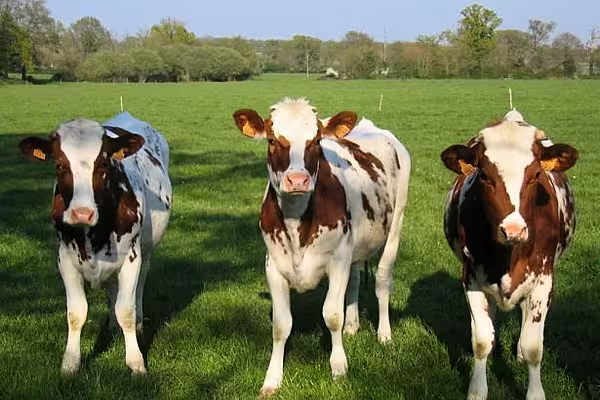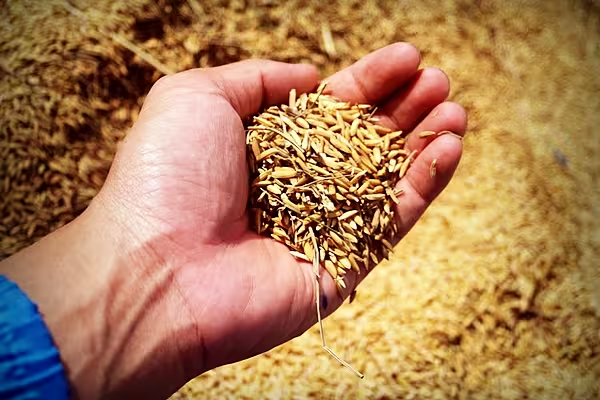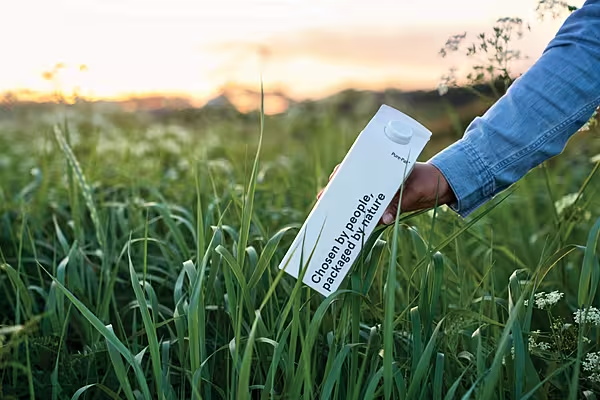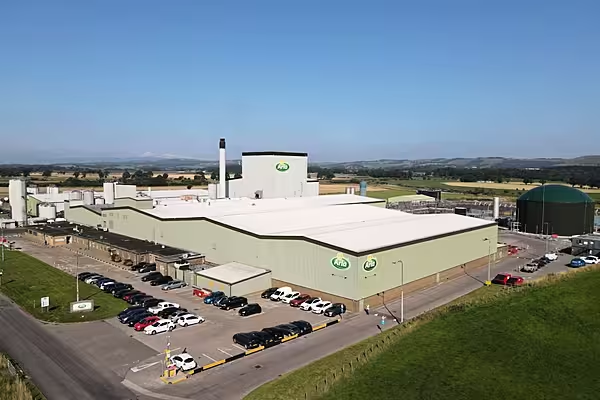While the 12-nation Trans-Pacific Partnership trade accord may benefit North American grain and meat exporters, Canadian dairy farmers are crying over lost domestic milk revenue that will go to foreigners.
Other nations pushed Canada to increase access to its dairy, poultry and egg sectors, where production is controlled through quotas and imports are restricted with tariffs under a system known as supply management. Canada agreed to open -- over five years -- foreign quotas for 3.3 per cent of its dairy market, 2.3 per cent of its egg market, 2.1 per cent of its chicken market and 2 per cent of its turkey market in the accord reached by trade ministers Monday.
Milk displaced by the agreement “will result in perpetual lost revenue for our farmers,” Ottawa-based Dairy Farmers of Canada said in an e-mailed statement.
“That’s milk that will never be produced in the country,” President Wally Smith, president of the dairy farm group, said Monday in a telephone interview from Ottawa. “That is a reduction in the revenue stream that impacts rural economies.”
Canada will offer C$4.3 billion ($3.3 billion) in compensation to affected farmers. This includes an income protection program that will provide the average dairy farmer C$165,000 over the next 15 years or about C$2,087 per cow.
Staff are still calculating whether the package will offset farmers’ losses, Smith said.
“Canada needs to be in this deal,” Smith said. “Having to give up some access is certainly injurious but the government has announced a compensation package that will allow farmers to suffer very little negative impact.”
The timing of the announcement is “pure coincidence” and is part of a broader strategy to take advance of a growing appetite for specialty cheese, said Brittany Weissman, a consumer analyst with Edward Jones in St. Louis.
The country’s dairy industry came out “relatively unscathed,” she said.
Bloomberg News, edited by ESM










